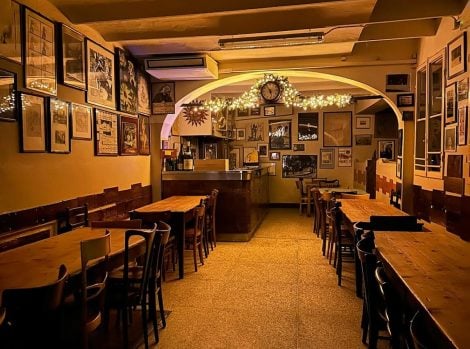The hawker culture of Singapore. The origins
Some might say that the inspectors of the Michelin guide had seen us right when in 2016. On the occasion of the first edition of the guide dedicated to the city-state of Singapore, they also gave stars to two street food activities, consolidating an already anticipated opening in Hong Kong. Well, now it is Unesco that recognises the value of the Hawker Culture of Singapore. Culture that gets the seal of Intangible Cultural Heritage of Humanity at the end of the process that led to ascertain the importance of local gastronomic markets dedicated to the sale and consumption of street food.The multicultural nature of Singapore, best expressed among the grills, woks and spices of the food hawkers. Although the foundation of the city-state dates back to 1819, in the name of the Englishman Thomas Stamford Raffles, there are many cultures that have left their traces on the island, the subject of successive waves of migration by the Chinese, Indians, Arabs, Portuguese. The origin of the Hawker culture dates back to the 19th century, with the arrival of settlers who populated the new commercial centre, now a symbol of cultural melting pot. Chinese and Malaysian merchants, Indian soldiers, Sinhalese and Arabian miners and labourers, Indonesian spice traders, but also English and Europeans attracted by the potential of the Lion City. Some of them specialize in selling cheap, tasty, fast food that can be prepared and served on the street, in city squares and parks, and anywhere else you can stop and eat.
Hawker centre street food
Hawker centres, ancestors of street food vendors, have been around since the 1960s. They are habitually frequented by everyone in town and are a source of tourist pride, for foreigners who frequent the island. The options are endless, and that's what characterizes the flavors of a local cuisine: which are many cuisines in one. In the Hawker Centres people meet from morning to night for breakfast, lunch and dinner (Singaporeans love to eat out). At the community tables there are those who play chess, those who read the newspaper, and those who take a break with their families. The management of the food stands is also family-run: the baton is passed from generation to generation (even if young people are moving away from a profession that has small profit margins). Culinary traditions are constantly being renewed, giving rise to a natural evolution of taste that does not betray its origins.
The Unesco recognition
The UNESCO recognition identifies Singapore’s street food culture as a powerful social aggregator: “We are incredibly honored that Singapore’s Hawker Culture has been officially recognised by UNESCO and shared with the world. In addition to occupying a special place in the heart of Singaporeans, it is a living heritage that reflects our daily experience and our identity as a multicultural society. We will continue to recognise and celebrate the cultural knowledge and customs related to the street food business of the hawker centres, and we will ensure that future generations of Singaporeans can continue to appreciate them. ” explains the Minister of Culture Edwin Tong. One of the city's most famous markets (there are more than a hundred across the city), the Maxwell Food Centre offers a significant cross-section of this culture: more than a hundred stalls gathered under one roof. You have to head to the Chinatown Food Complex to visit the city's first star-studded street food signs: Hong Kong Soya Sauce Chicken, Rice & Noodle and Liao Fan Hawker Chan. After a difficult and precarious year, we look forward to invest in the protection and enhancement of the Hawker culture. From December 26 to January 11, SG HawkerFest will take place. On this occasion (through a virtual badge and an app) the public will be able to complete quizzes, take part in a treasure hunt, and share ideas and suggestions on the characteristics that street food markets of the future should have. A national plan, to encourage generational change in the profession, will take shape in 2021. In the meantime, Singapore is enjoying its achievement, the second Unesco recognition achieved by the city after the Botanic Gardens, which has been on the register since 2015. On the gastronomic side, in the last few days, the Maghreb cous cous has been included in the list, while in Italy the opportunity to nominate the Sicilian culture of street food has been discussed for some time.

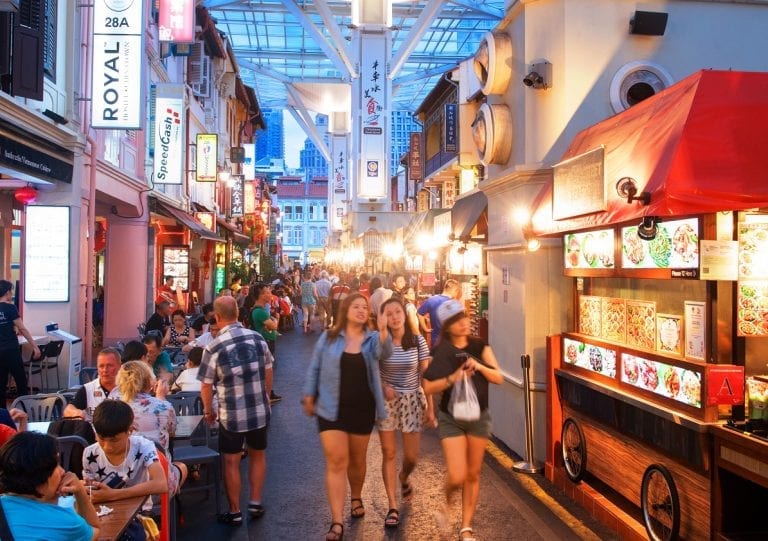
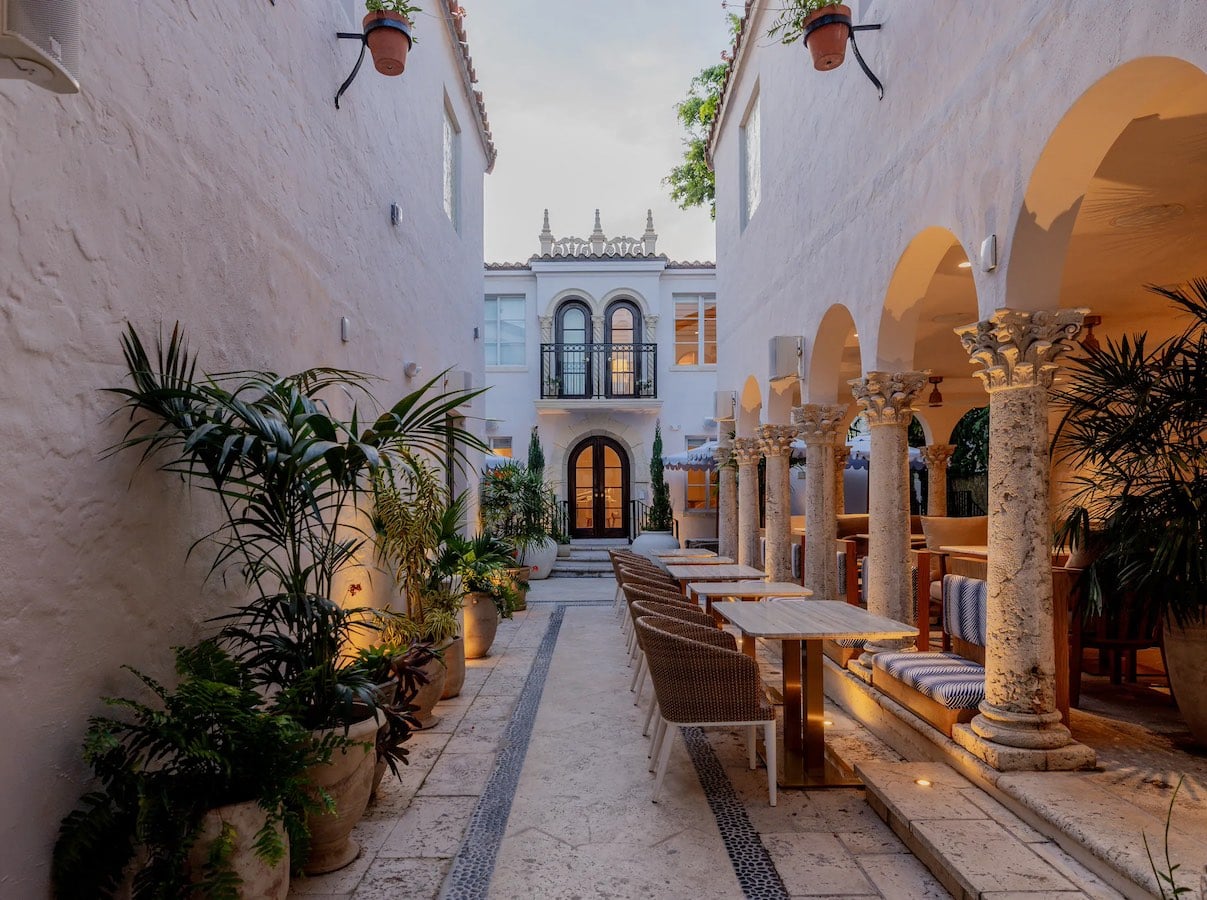 Versace opens a super hotel with an Italian restaurant. Here's what Donatella Hotel & Restaurant in Miami will be like
Versace opens a super hotel with an Italian restaurant. Here's what Donatella Hotel & Restaurant in Miami will be like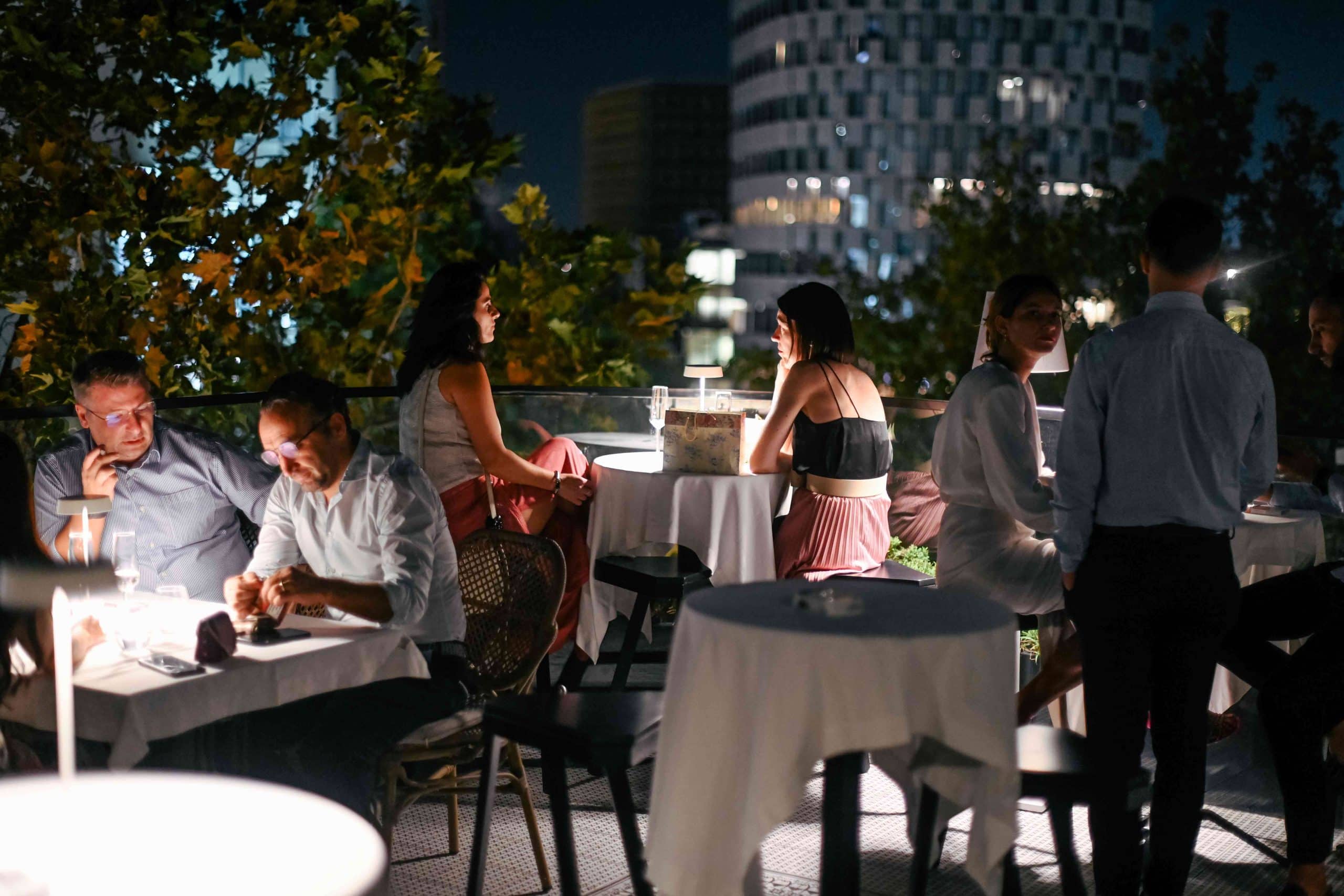 At The Crown Tirana, service and quality at the highest levels
At The Crown Tirana, service and quality at the highest levels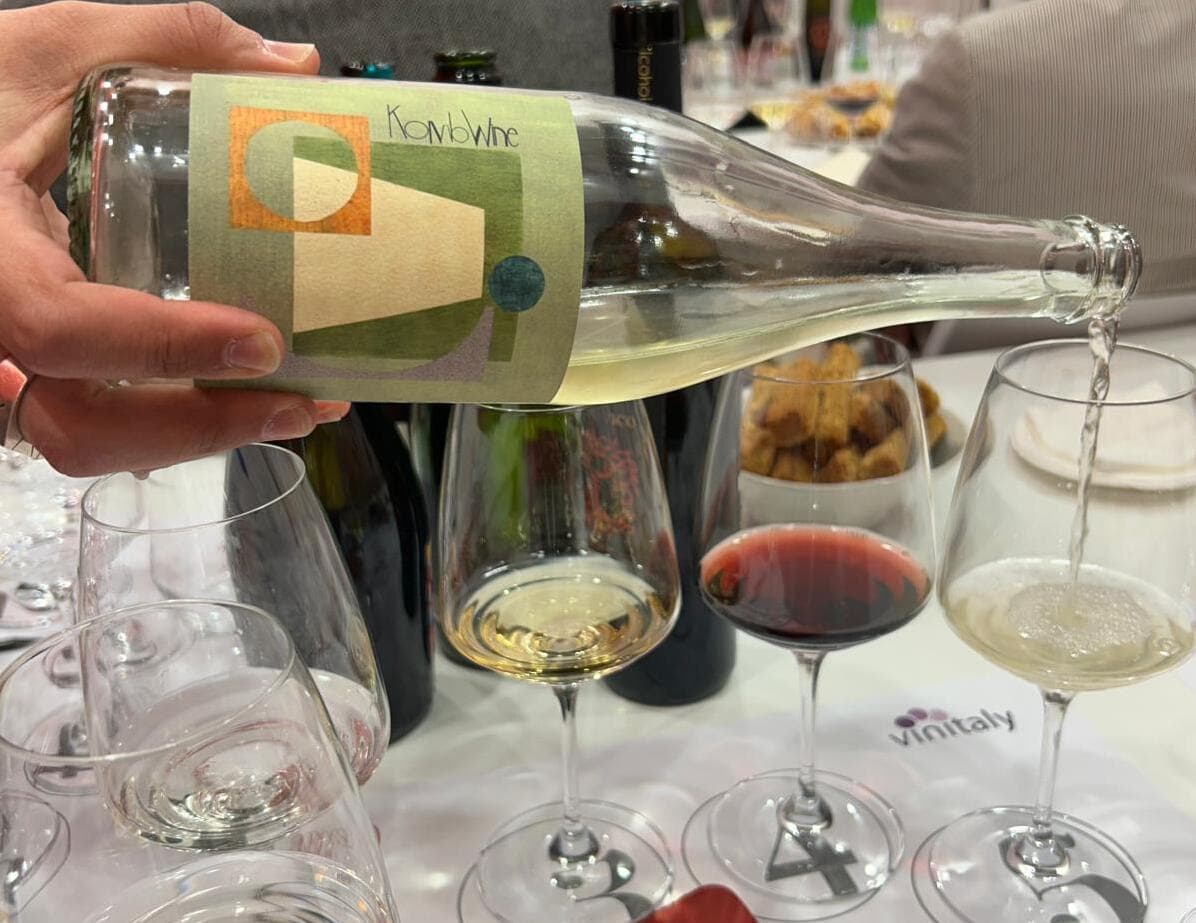 We tasted Komb(w)ine, the new product that combines grape must and kombucha. Here’s our verdict
We tasted Komb(w)ine, the new product that combines grape must and kombucha. Here’s our verdict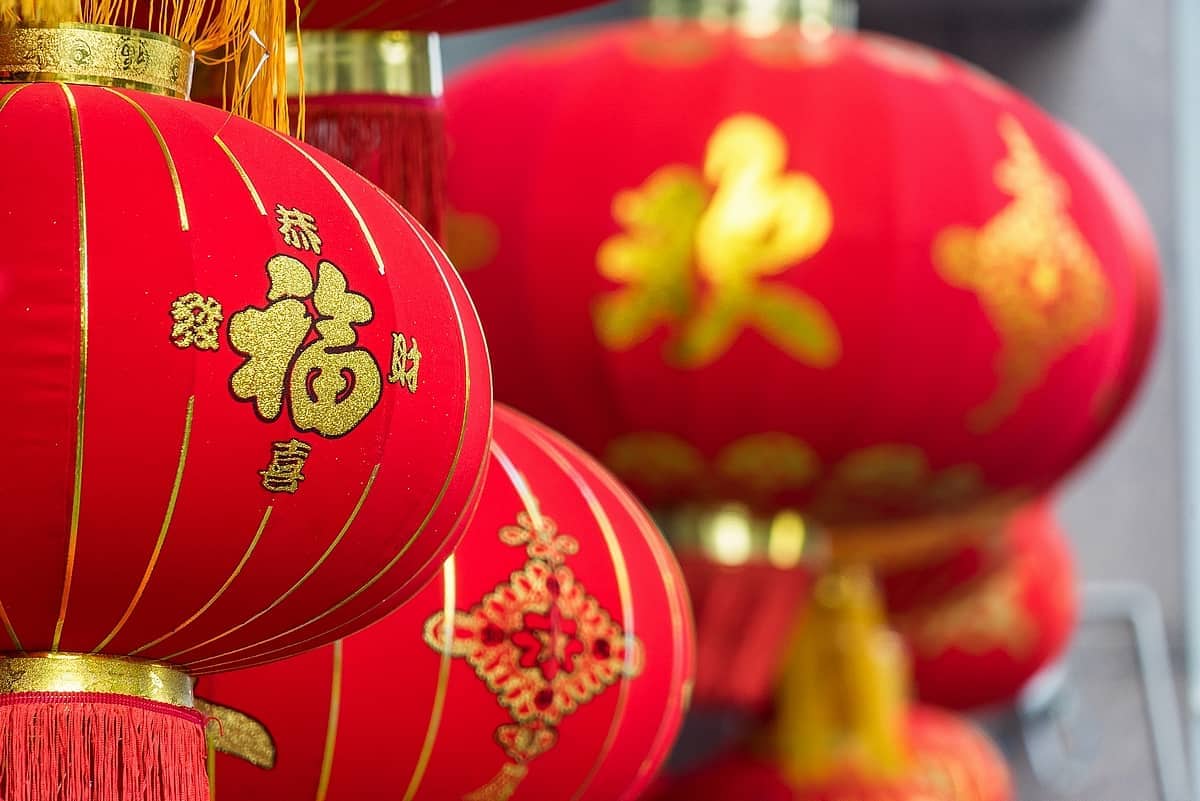 What changes for the export of Italian wines to China under the new regulations?
What changes for the export of Italian wines to China under the new regulations? “Forget dealcoholised wines. The future is Komb(w)ine.” Moser and Ravizza present a new grape must-based product
“Forget dealcoholised wines. The future is Komb(w)ine.” Moser and Ravizza present a new grape must-based product


